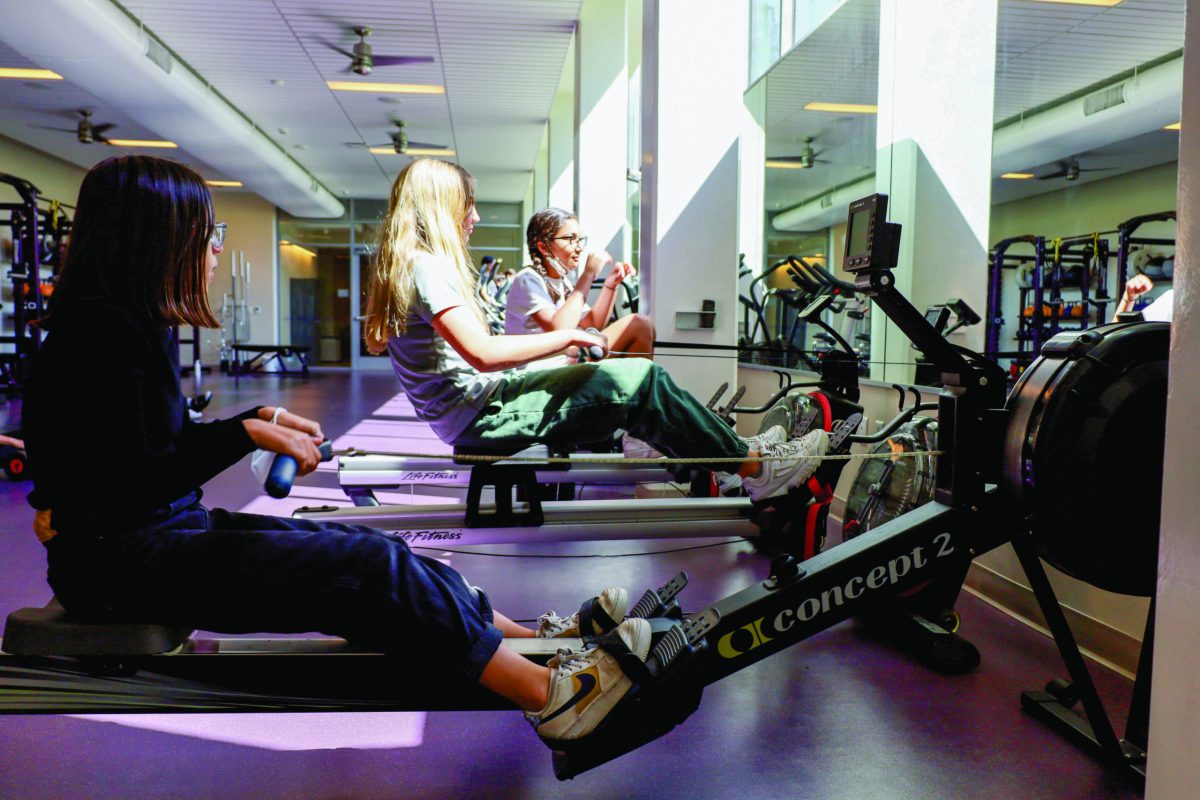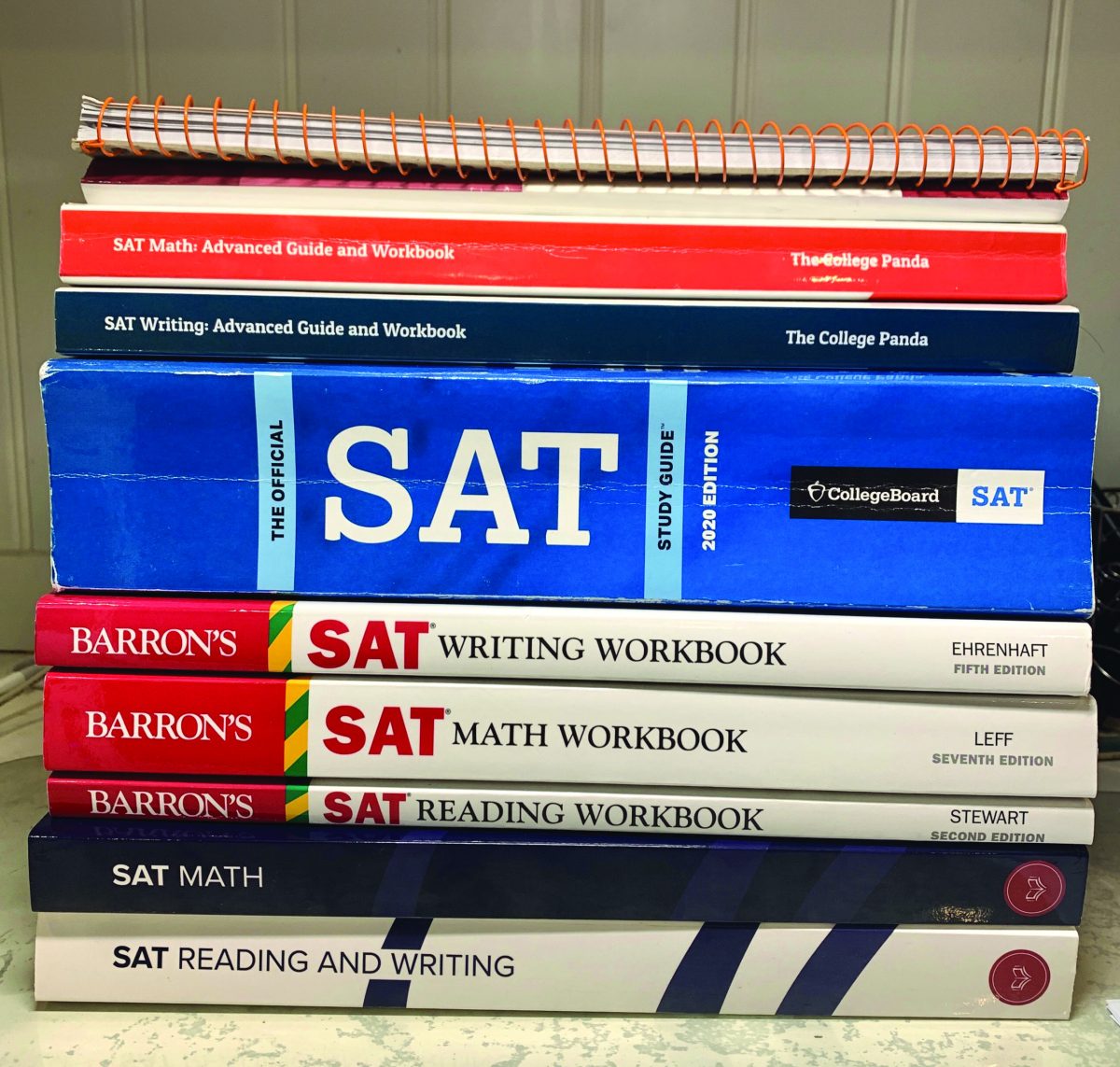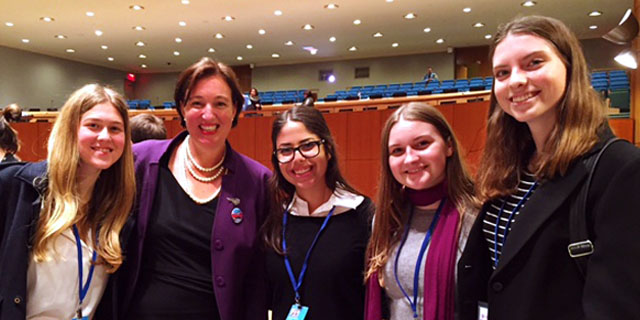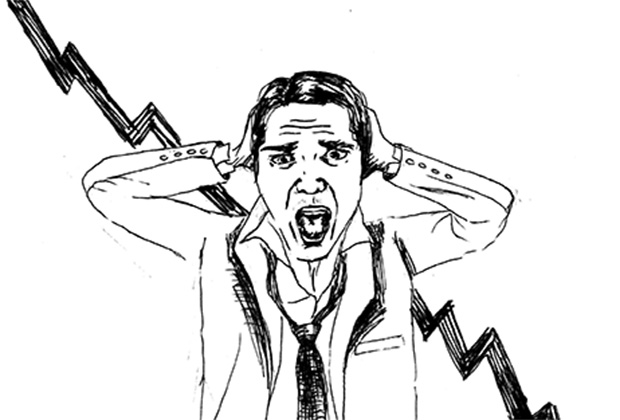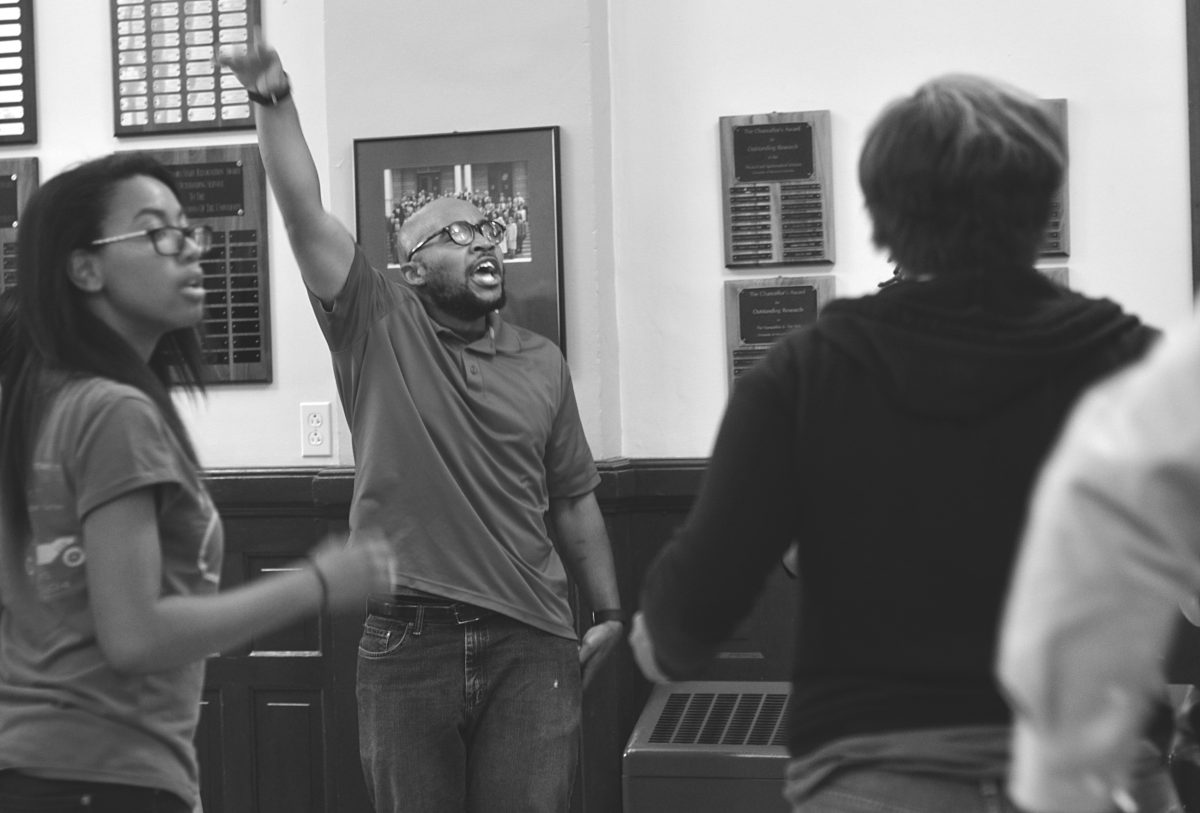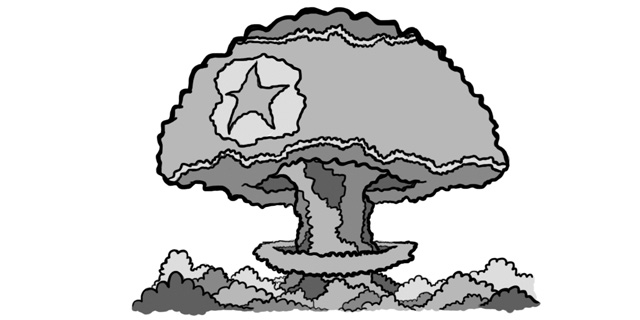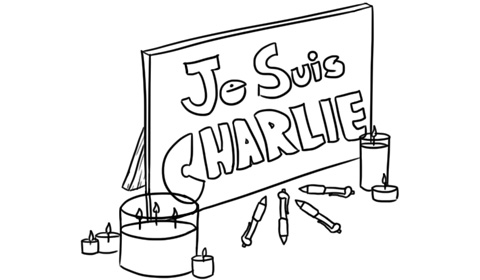
On the morning of Wednesday, Jan. 7, 2015, the Parisian satire magazine Charlie Hebdo suffered what some historians have said is the deadliest terror attack France has experienced since the Vitry-Le-François train station bombing in 1961. Two armed gunmen forced their way into the Hebdo building at 11:30 in the morning after forcing a woman at gunpoint to input the door code. The gunmen massacred 12 people in the office in response to a cartoon depiction of the Muslim prophet Mohammad. The brothers claimed to be avenging the disrespect Hebdo brought upon the Muslim religion. A series of car chases, hostage situations and shootouts unfolded over the next two days all throughout the nation’s capital city.
The gunmen were the French-Algerian brothers Saïd and Chérif Kouachi, both of whom trained with Al Qaeda in the Arabian Peninsula (AQAP) in Yemen during the summer of 2011 and had planned to travel to Iraq for more training before the French government stopped them. The brothers teamed up with Amedy Coulibaly, a fellow radical linked to AQAP, and Coulibaly perpetrated a hostage situation in a kosher market on Friday. The Parisian police killed all three suspects on Friday, Jan. 9. Hayet Boumeddiene, Coulibaly’s wife, was described as “armed and dangerous” by The Daily Telegraph and is believed to be near or around the Syrian border.
The two days of terror were brought to a halt by Friday evening. According to French police reports, which were published by The New York Times, both the Kouachi brothers and Coulibaly died in separate shootouts on Friday. The Kouachis were taking shelter in an old printing press with a hostage about 25 miles north of Paris before the police caught up to them and opened fire. Coulibaly had taken four hostages in a kosher market in order to distract the police from finding the Kouachis. The raids were carried out by 5:00 p.m., and all three suspects were dead within minutes of each other, despite the different locations. The Kouachis’ hostage was safely freed, but the four hostages in the kosher market were shot before the police found Coulibaly. By Friday, 17 people were dead: the 12 lost on Wednesday in the Hebdo office, the four killed in the hostage situation, and a policewoman Coulibaly shot on Thursday, Jan. 8.
The Kouachi brothers had substantiated ties with AQAP in Yemen, and according to a Yemeni security official, the brothers were trained in jihadist warfare.
“They met [Al-Qaeda preacher] Anwar al-Awlaki and then they were trained for three days in the deserts of Marib on how to fire a gun. They returned to Oman and they left Oman on Aug. 15, 2011 to go back to France,” the Yemeni official told Al Jazeera America.
The New York Times reports that both brothers were involved with AQAP, but that the younger of the two, Chérif, had been arrested in 2005 under suspicion of committing acts of terror after trying to travel to Syria. Although the brothers teamed up with him, Coulibaly had pledged his support to the Islamic State in Iraq and the Levant (ISIL), a different terrorist organization from the Kouachis’ AQAP.
The attack has sparked a flood of support on social media, including the French hashtag “#jesuischarlie,” or “I am Charlie,” as a show of solidarity with those killed in the Hebdo office. Snapchat streamed a live feed of the Je Suis Charlie rally in Paris on Monday, Jan. 12 with more than a million people, according to The New York Times, lighting candles and marching in honor of the shooting victims.
The massacre has sparked international intrigue over Hebdo’s choice to publish satirical cartoons poking fun at the prophet Mohammad, especially because the magazine has faced numerous threats in the past due to other religious, political and social-themed cartoons. Fellow newspapers have reprinted the Mohammad cartoon in solidarity at their own risk. Hamburger Morgenpost, a local newspaper in Hamburg, Germany, was firebombed with Molotov cocktails on Jan. 11. Luckily, no one was inside the building and the damage was minor. Both National Public Radio (NPR) and The New York Times will not publish the cartoons out of concern for offending their readership. A Danish newspaper, Jyllands Posten (JP) has previously run satirical cartoons lampooning Islam and has since decided to not publish the Hebdo comic due to security concerns, according to NBC News.
“Je suis Charlie” has initiated a number of counterarguments questioning Hebdo and the double standards readers observe each week in the magazine. Hebdo was banned from satirizing the Holocaust and even fired Maurice Sinet, an 80-year-old cartoonist, for publishing a column “ridiculing Judaism” in 2009. According to Anonymous Headquarters, Sinet was arrested for “inciting racial hatred.” At this point, Hebdo had already created and republished a number of satirical cartoons about Islam with no criminal charges being imposed upon Editor-in-Chief Philippe Val.
The double standards are illuminated in previous Hebdo cartoons, including the issue about the Boko Haram kidnapping with the Nigerian schoolgirls depicted as “pregnant welfare queens,” as Laila Lalami of The Nation put it. Lalami highlights the double standard Hebdo propagated around Paris, which has brought forth a number of anti-Hebdo protests, actions and social media movements. In Marawi, a Muslim-majority city in the Philippines, angry protests against Hebdo began on Jan. 14, featuring protesters carrying banners that state, “Vous êtes Charlie, Je aime Mohammad,” or “You are Charlie, I love Mohammad,” with the hashtag #NoApology underneath.

